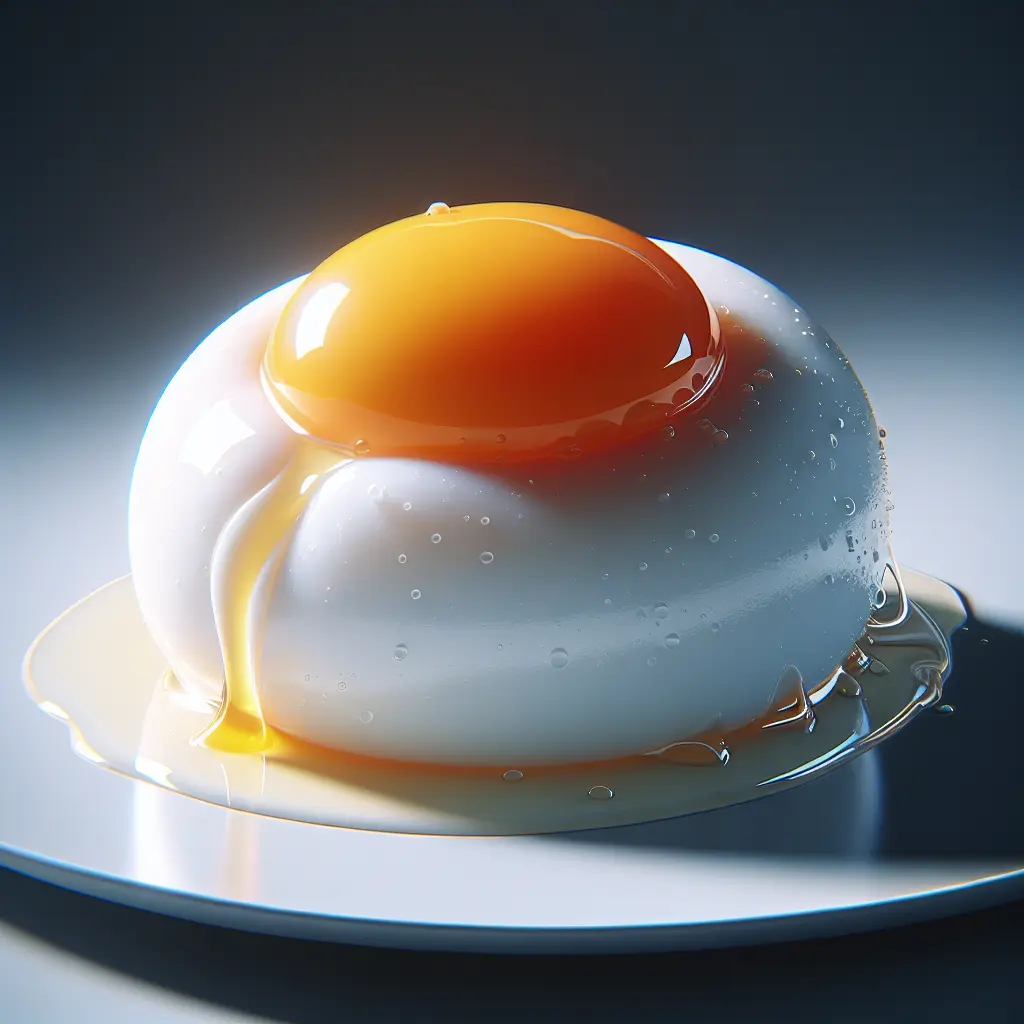Poached Eggs: A Culinary Delight
Poached eggs are a culinary delicacy that has graced breakfast and brunch tables for centuries. These delicate orbs of velvety egg white encasing a luscious golden yolk are not only visually appealing but also incredibly nutritious. With just a few simple ingredients and a bit of practice, you can master the art of poaching eggs and enjoy this culinary delight at home.
Nutritional Value
Poached eggs are an excellent source of protein, providing 6.3 grams per large egg. Protein is essential for building and maintaining muscle mass, and it also plays a crucial role in hormone production, immune function, and tissue repair. In addition to protein, poached eggs are a good source of essential vitamins and minerals, including:
- Vitamin A: Important for vision, immune function, and cell growth.
- Vitamin D: Essential for bone health and immune function.
- Iron: Necessary for red blood cell production and oxygen transport throughout the body.
- Zinc: Supports immune function, wound healing, and taste perception.
How to Poach an Egg
Poaching an egg may seem daunting, but it is actually a relatively simple process. Here is a step-by-step guide to help you achieve perfectly poached eggs every time:
- Bring a pot of water to a gentle simmer: Fill a medium-sized saucepan with about 2 inches of water and bring it to a gentle simmer over medium-low heat. Do not let the water boil, as this will cause the eggs to cook too quickly and become tough.
- Add vinegar or lemon juice: Adding a splash of white vinegar or lemon juice to the water will help to set the egg white and prevent it from dispersing.
- Crack the egg into a small bowl: Carefully crack the egg into a small bowl or ramekin. This will make it easier to transfer the egg to the simmering water.
- Gently slide the egg into the water: Once the water is simmering, gently slide the egg into the center of the pot. Use a spoon to carefully guide the egg and prevent it from sticking to the bottom of the pan.
- Cook for 3-4 minutes: Cook the egg for 3-4 minutes, or until the white is set and the yolk is still slightly runny. The cooking time may vary depending on the size of the egg and how runny you prefer your yolk.
- Remove the egg from the water: Once the egg is cooked, use a slotted spoon to gently remove it from the water. Drain any excess water by patting the egg with a paper towel.
- Serve immediately: Serve the poached egg immediately with your favorite toppings, such as salt and pepper, hollandaise sauce, or smoked salmon.
How many calories are in Poached Eggs?
Each 1 large of Poached Eggs contains 72 calories.
Poached Eggs Nutritional Information
| Nutrient | Amount per 1 large (50g) |
|---|---|
| Calories | 72 Calories |
| Protein | 6.3g |
| Fat | 4.7g |
| Saturated Fat | 1.6g |
| Cholesterol | 0.185mg |
| Carbohydrates | 0.4g |
| Dietary Fiber | 0g |
| Sugar | 0.2g |
| Sodium | 0.149mg |
| Potassium | 0.069mg |
| Calcium | 0.028mg |
| Iron | 0.0009mg |
